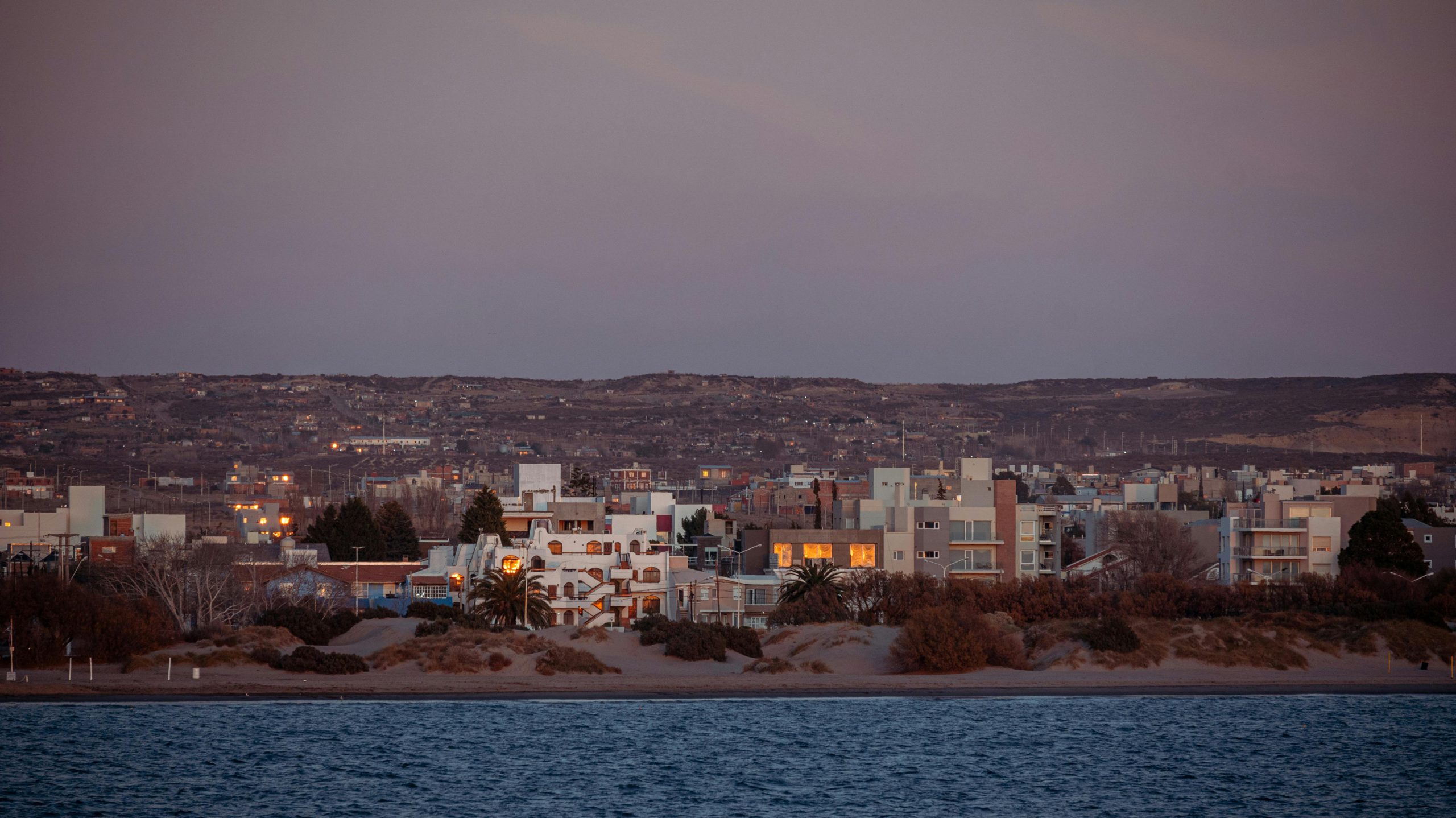Indonesia is set to halt the construction of new hotels in parts of Bali due to concerns about the overdevelopment of one of its most iconic tourist destinations.
In Bali, there is growing anxiety over the pressure that visitors are putting on local infrastructure, the environment, and the island’s cultural heritage.
On Saturday, Bali’s interim governor, Sang Made Mahendra Jaya, stated that he had proposed a moratorium in four of Bali’s busiest regions to the central government, targeting overdevelopment for commercial purposes, such as hotels, villas, and beach clubs. The objective of the moratorium is to enhance quality and employment opportunities while safeguarding the island’s indigenous culture.
According to Senior Minister Luhut Pandjaitan, the moratorium could last for up to 10 years, as reported by the news website Detik on Sunday. Mr Luhut has previously noted that approximately 200,000 foreigners now reside in Bali, exacerbating issues such as crime, overdevelopment, and job competition.
Last year, 34 new hotels were built in Bali, bringing the total number across the island to 541.
Should Malta follow suit?
While Bali grapples with the strain of overdevelopment, Malta faces similar challenges as its growing tourism numbers raise concerns about sustainability and the island’s capacity to handle the influx.
Tony Zahra, President of the Malta Hotels and Restaurants Association said in a tourism conference last August, that Malta cannot cope with the excessive development of hotels. “We cannot go on building more hotels and more rooms. It’s crazy,” he exclaimed.
Indeed, the MHRA pointed out that rapid growth in the tourism and hospitality sector has led to overcrowded destinations and anti-social behaviour.
Supporting a smilar view, the Malta Chamber has recommended a moratorium on applications for tourist accommodation to prevent oversupply in its comprehensive tourism report for 2021. The report stated that, assuming all things remain equal and all current and planned tourist accommodation projects are completed, Malta could have a licensed bed stock of 100,000 by 2030, leading to a surplus of 14.1 million bed nights that would result in lower profitability for the sector.
Tourism in Malta
Malta ranks among the top countries worldwide in terms of tourism per capita and per square kilometer. It is estimated to receive nearly three times its population in tourist arrivals, placing it 6th globally for tourists per capita. Prior to the pandemic, Malta was hosting close to 3 million tourists annually, and these numbers are rising again. This high density of tourism, combined with Malta’s small land area, leads to a particularly high number of tourists per square kilometer.
In June of this year alone, the total inbound tourists were estimated at 350,910, an increase of 19.2 per cent when compared to the corresponding month in 2023. Meanwhile, inbound tourists for half of 2024 amounted to 1,590,867.
By the end of this year, Malta is on track to see 3.2 million tourist arrivals, according to data presented by Deloitte.
Malta’s economy relies heavily on the tourism industry. In 2023, the total contribution of travel and tourism to the gross domestic product in Malta totaled 2.6 billion euros.
Problems of overtourism in Malta
Seasoned Economist Lino Briguglio told The Malta Independent earlier this year that “Malta has exceeded its carrying capacity in terms of tourism arrivals, and the problems associated with large numbers of tourists are exacerbated by disorganised infrastructure and weak traffic management.”
These problems do not only affect the locals, but also the tourists. Earlier this month, American Freelance Writer Greyson Ferguson wrote a piece on Fodor’s, a well-respected travel website, about his stay in Malta, and it was nothing short of negative. He highlighted problems such as heavy traffic. with a density of 1,677 individuals per square kilometre, three times higher than the Netherlands, Malta it the most densely populated country in Europe. This overpopulation then contributes to the heavy traffic that one finds here.
As Malta reckons with the challenges that come with overtourism, and should avoid killing the goose that lays the golden egg, it can look to other tourism-heavy destinations for solutions that encourage economic sustainability.
Finance Minister confirms continuity of food and energy subsidies
Spending on food and energy subsidies as a percentage of the GDP will be at 0.7% in 2025
MHRA congratulates Glenn Micallef on EU role, highlights positive impact on Malta’s tourism and cultural sectors
The lobby group emphasised that Malta’s cultural assets and sports scene are key factors in attracting visitors and fostering economic ...
SME Chamber and Malta Developers Association slam controversial Identità lease attestation form
Identità's new procedure concerning lease attestation forms was not welcomed by these local stakeholders






